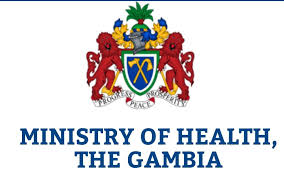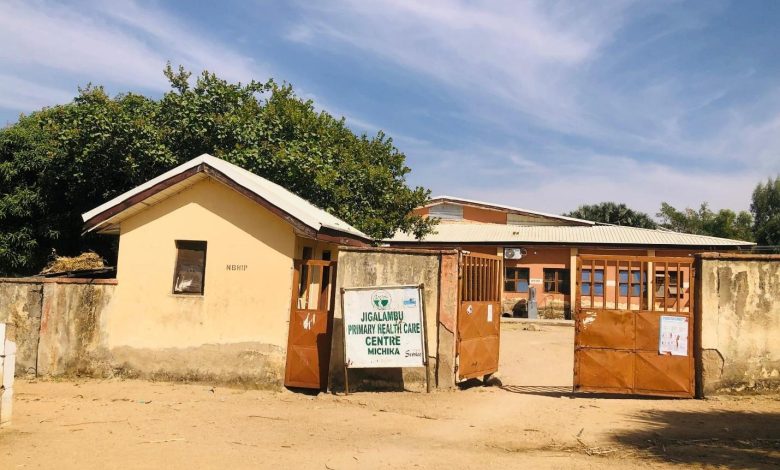Numerous African nations facing health sector challenges, have adopted digital public infrastructure as a means to alleviate inadequacies impeding healthcare through digital solutions.
In a landmark move, the Government of the Gambia embraced digital transformations to enhance healthcare services, with the intention to make healthcare more accessible and efficient for all Gambians.
This initiation of The Gambia’s National Health Insurance Scheme (NHIS) which carves an ambitious promise to cover the entire population, is a significant step in the country’s pursuit of Universal Health Coverage (UHC).
“The systems all along had been manual process and then we have challenges along the line, this includes data coalition, archiving the data, retrieving the data from the database is also a problem, so if the people misplaced their certificates, we find it difficult to retrieve the certificates.”-Lamin Fatty, Registrar, Birth & Death, Ministry of Health
The journey towards realizing the vision of the NHIS reached a critical milestone in 2021 when the National Assembly passed the National Health Insurance Bill into law.
This significant achievement was followed by the crucial approval of the President H.E Adama Barrow, solidifying the NHIS as a vital element in The Gambia’s healthcare landscape.
The health insurance scheme which will record citizen data, enables policyholders to access healthcare services, make appointments, and access medical records remotely.
After the mass campaign, thousands of citizens particularly families stormed registration centers to get registered for the insurance scheme.
“I don’t know much about the scheme, but I am optimistic it will ease most of the challenges we go through just to have access to health care. I have registered and am now looking forward to enjoying the benefits.” ~Bintou Sillah, citizen.
According to officials, digital birth registration and health insurance membership will reduce healthcare costs for citizens.
Over a million have registered, but thousands still have doubts about the scheme’s viability, the health sector still has work to do to get more citizens to register amid widespread skepticism.
The NHIS aims to significantly reduce waiting times and bureaucratic hurdles that have historically impeded timely access to healthcare services.
“We are working with the World Bank to ensure that everything goes well, all the plans are being laid. We are yet to launch, for now all the institutions have been set up, all the mechanisms have been put in place so that it will be effective “~Dr.Mustapha Bittaye, Ministry of Health
With funding from the world bank, the ministry is also tapping various means to fund the long term project.
Few months ago, stakeholders from various institutions led by the Vice President and health minister assembled to discuss strategic ways to mobilise funding opportunities for the scheme.
The NHIS has fortified its digital infrastructure with robust cybersecurity measures to ensure the confidentiality. Data security and privacy are paramount in this transformation, a sophisticated software is built to confirm and regulate wrong data.
Scores of people registered for the digital birth and insurance scheme, but the benefit is yet to come there way and for many who are keenly anticipating its arrival, the development signals a new dawn easing access to viable and affordable healthcare services if fully implemented.





